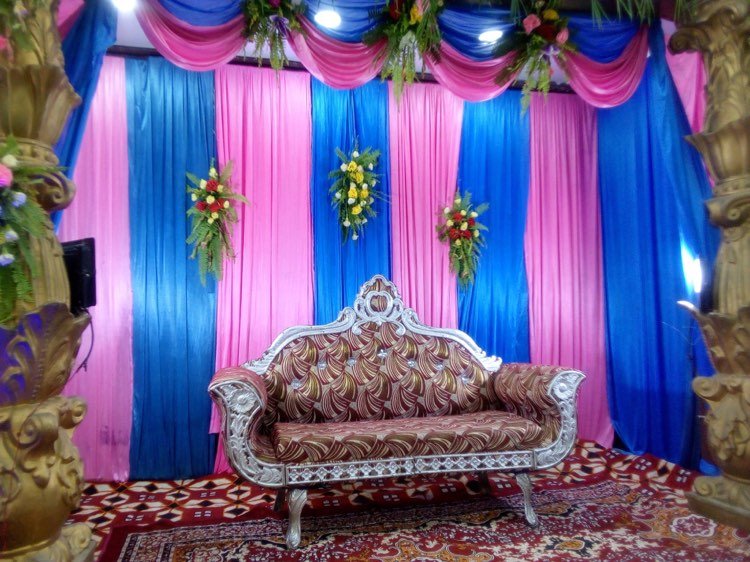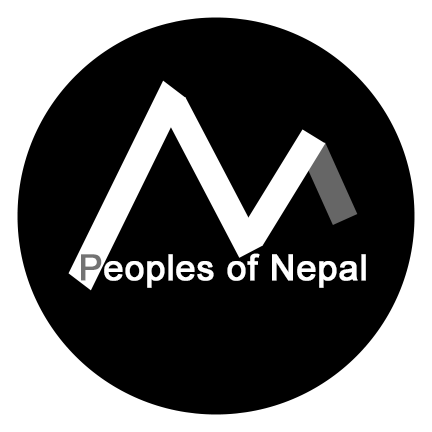Wedding Crashers

We crashed a Nepali wedding… well sort of. Our light skin prevents us from doing anything under the radar here, so we asked if we could come to the reception, not really expecting them to say “yes,” especially considering that we had not showered or changed clothes in three days and were rather disgusting. They not only welcomed us, but treated us as honored guests!
We were paraded past endless amounts of foods reserved for special occasions and given seats where they brought us ridiculous amount of ice cream. We waited late into the night for the groom to arrive and the ceremony to begin. In the meantime, we sang and danced, played with the children, took selfies with the locals, and simply enjoyed all of the festivities of the happy occasion.
Weddings in Nepal begin late in the evening. No one, not even the bride, knows exactly what time the ceremony will begin…it starts whenever the groom, who rides on a brightly lit float accompanied by a complete band in a mini-parade, arrives. The celebration after the ceremony lasts through the night and often does not end until dawn.
Contrary to the western tradition of wearing a white dress, Nepali women wear a traditional dress called a sari in bright red, and are adored by Hindu symbols such as a tikka on the forehead and henna tattoo on the hands. Likewise, the groom wears a tikka and traditional robes while sporting a turban, or other cultural headdress.
While we were at the wedding, I made fast friends with a young woman about my age. As we chatted, she mentioned that she was the bride’s younger cousin. Because of this, she was able to tell me all about the wedding. Both the bride and groom are doctors. It was an arranged marriage and the wedding ceremony was the first time that the bride and groom ever met. Engagements are very short in Nepal and the wedding had been planned for less than a week. Everything is able to get done because weddings are such a huge thing that everyone puts their life on pause to prepare and attend.
After awhile, my new friend began to explain more about he the Hindu caste system and how it still has a large influence on the people of Nepal… specifically when it comes to marriage. She explained that oftentimes families forbid inter-caste marriage, that is, marriage with someone of a different caste, such was the case with my new friend, whose family had a love that was forbidden.
Though abolished in the 1950s, the caste system still affects nearly every walk of life in Nepal, including what type of job a person is eligible for, where they can sit (or not sit) on a bus, the establishments they can visit, and the people they can associate with. The post- abolition state of the caste system rings a similar tune to segregation and civil rights within the United States. To confront discrimination, Nepal passed a Law on Discrimination Based on Caste in May of 2011. Efforts are being made to end discrimination in Nepal, but it will take a great deal of work and time to end centuries of segregation.
https://www.loc.gov/law/foreign-news/article/nepal-law-on-discrimination-based-on-caste/
https://www.thelongestwayhome.com/blog/nepal/nepalese-caste-system-culture-in-nepal-today/
http://www.gonepal.eu/about-nepal/social/caste-system-of-nepal
http://thebigfatindianwedding.com/2015/the-essential-guide-to-nepali-weddings-wedding-traditions
Photo: http://bublitzspring20163.blogspot.com/2016/04/presented-by-adepeju-adeniyi-normal-0.html
